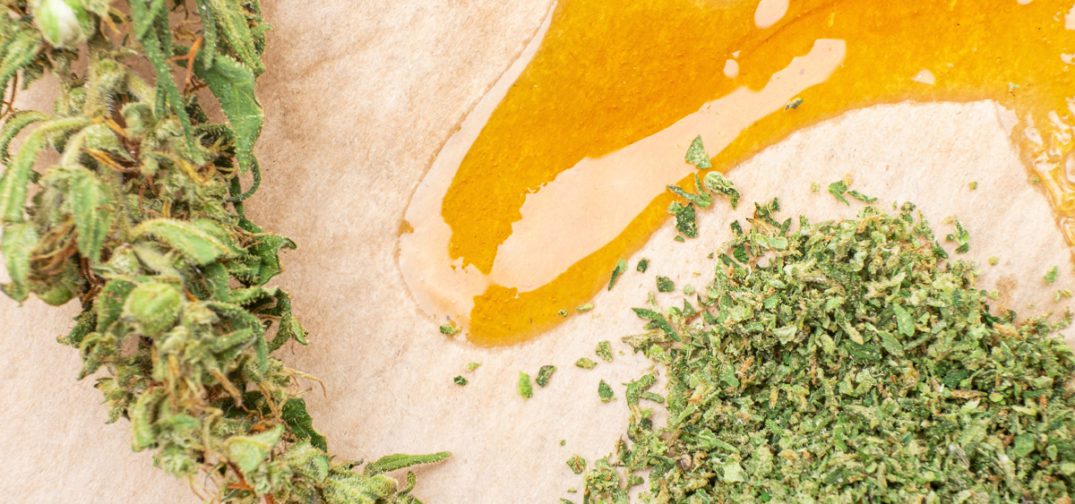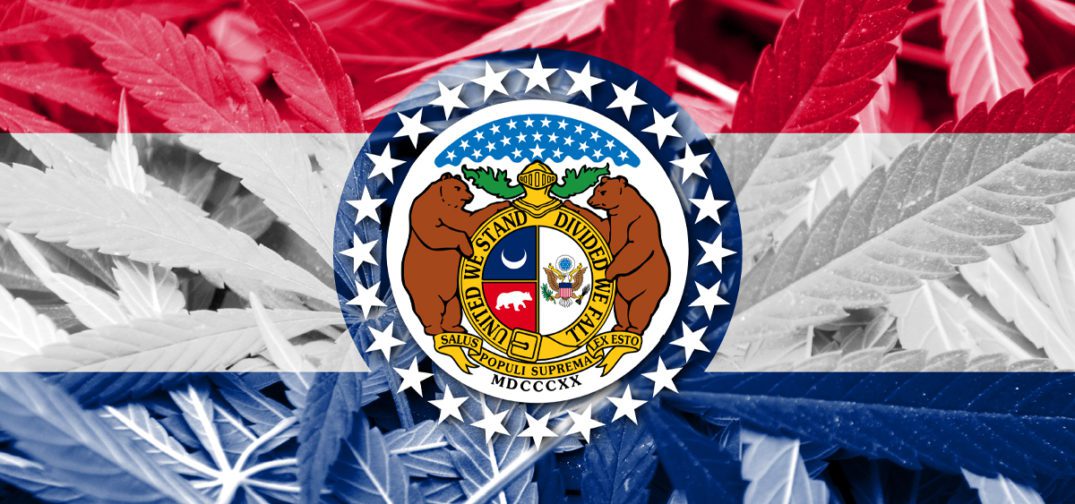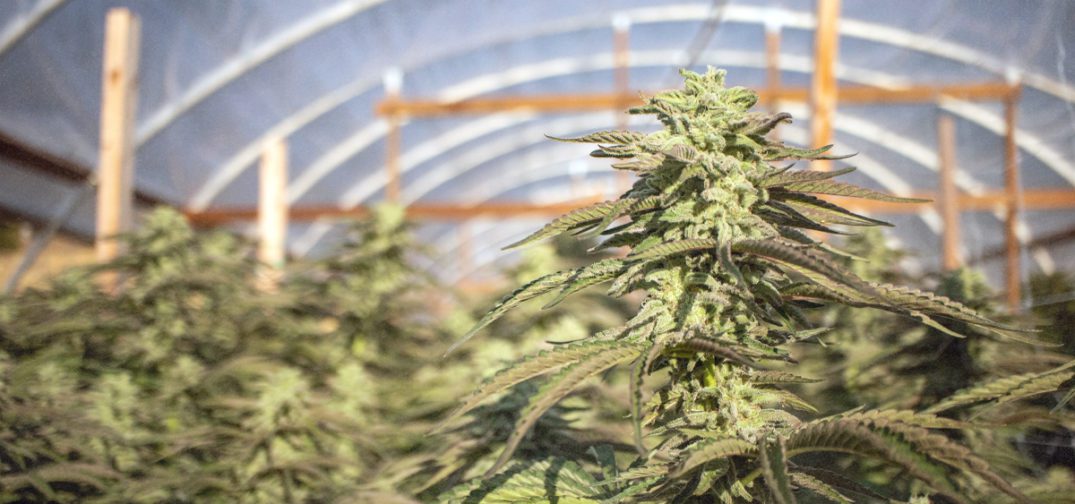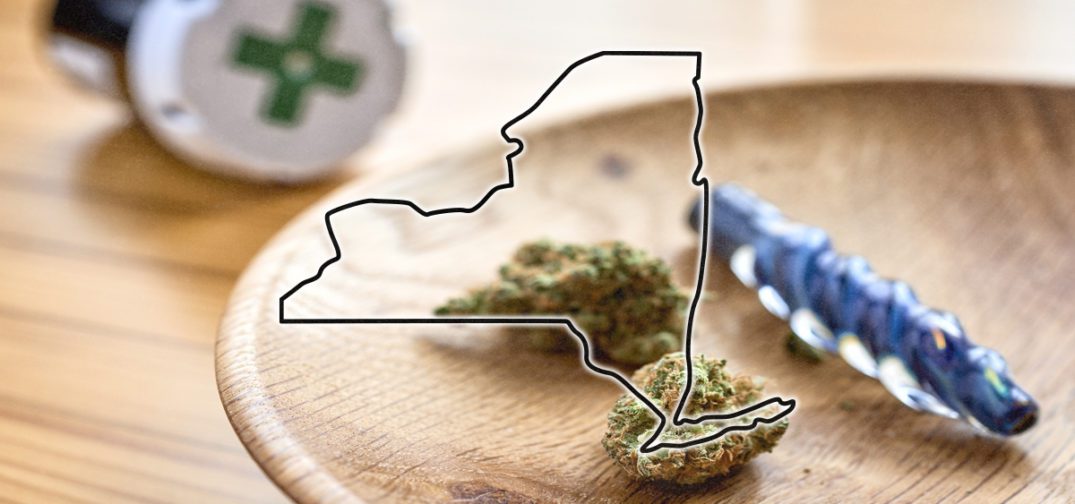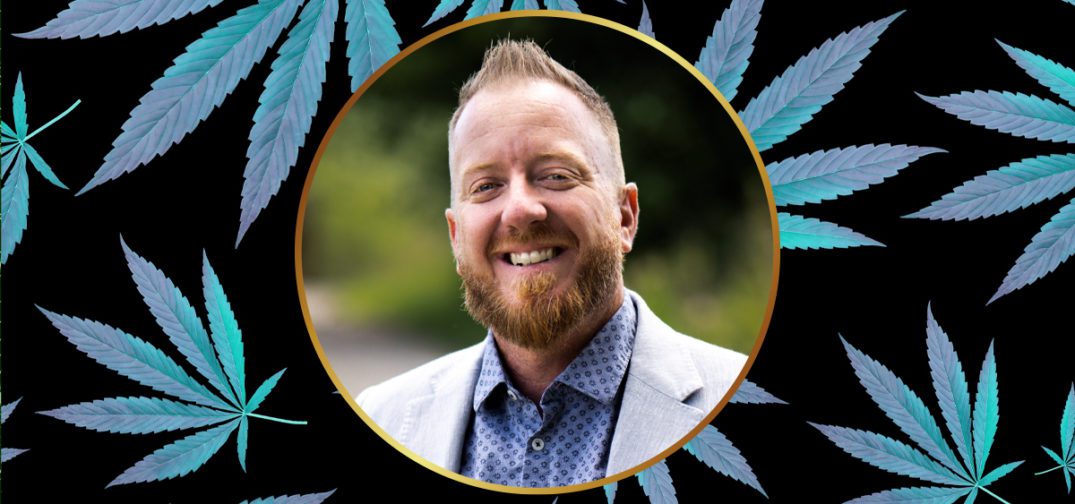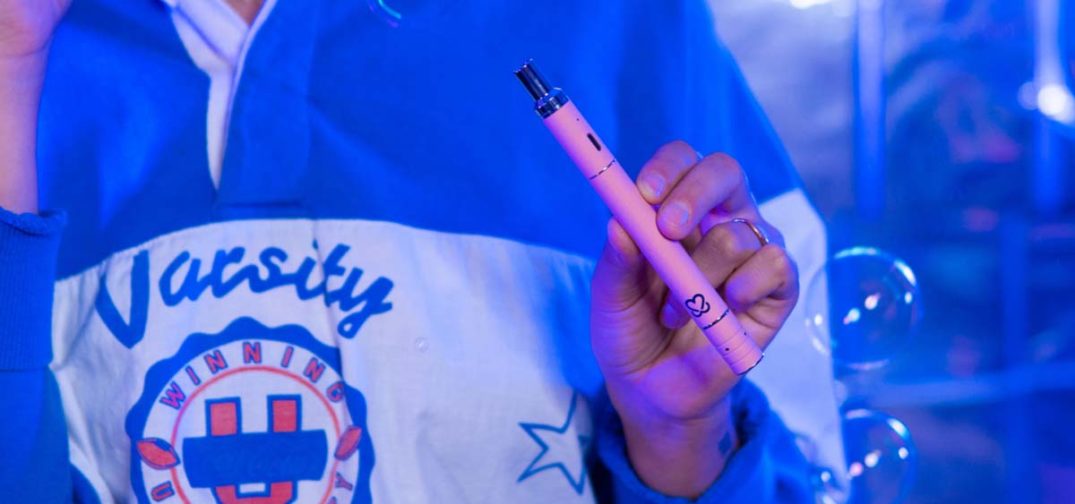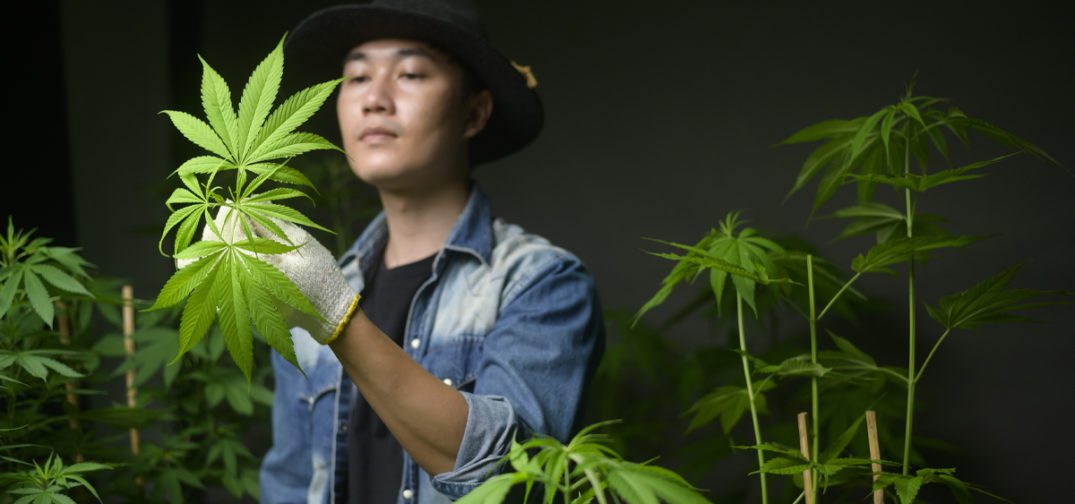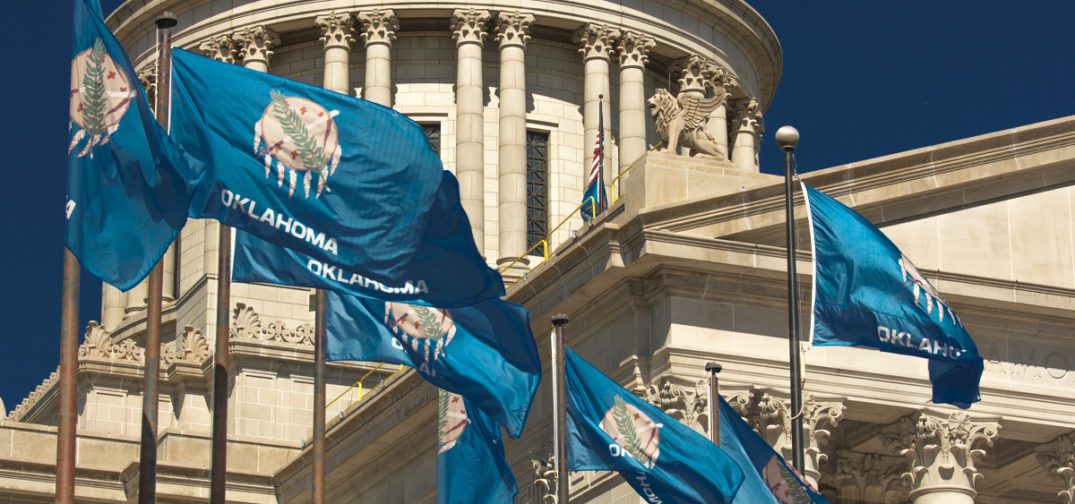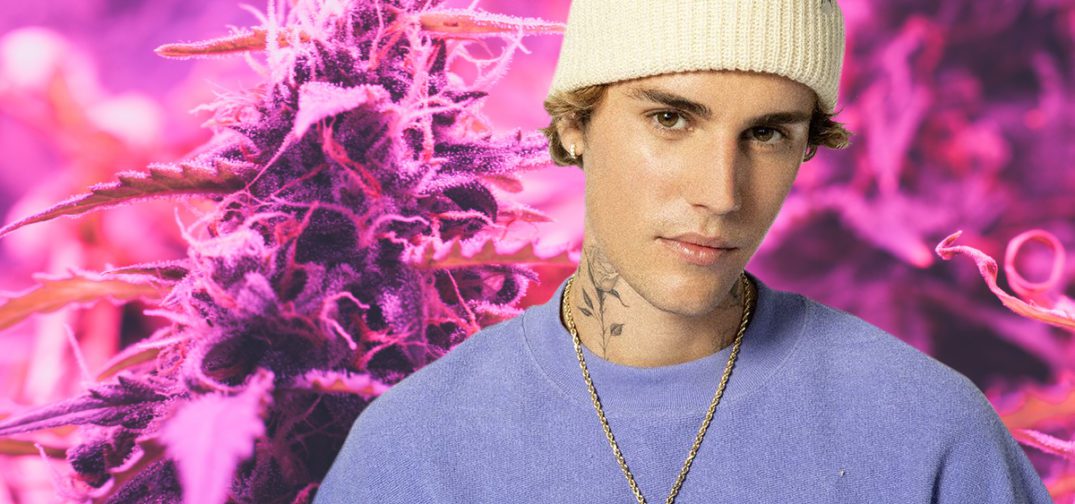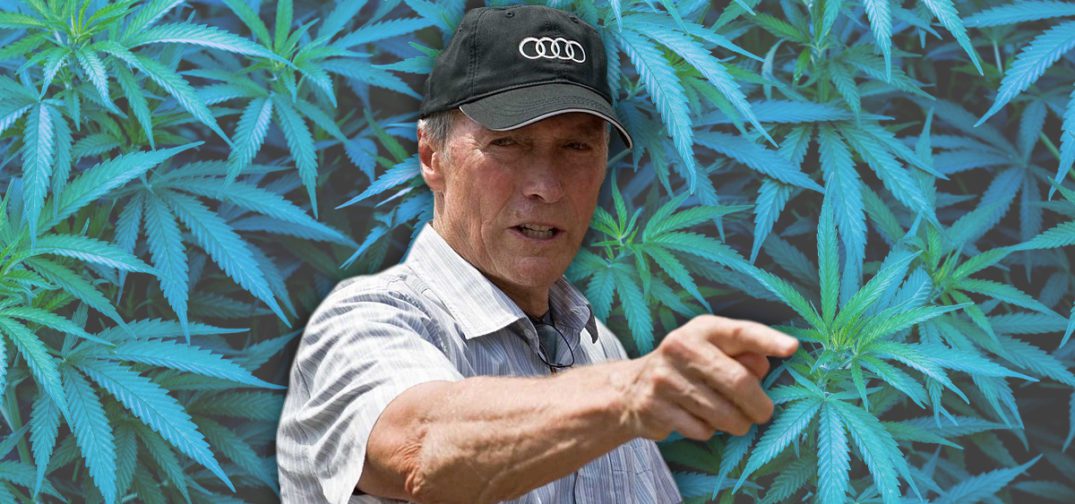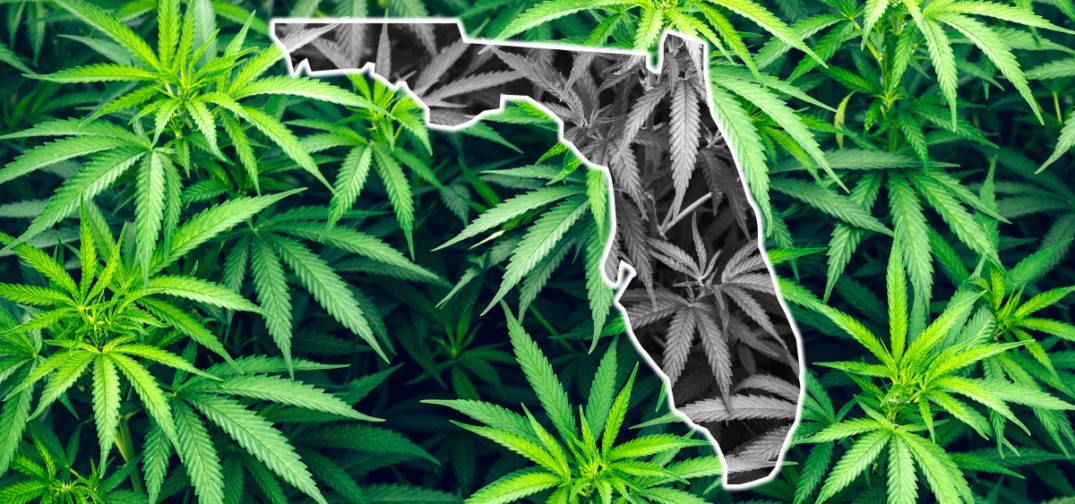There are more new jobs and employment opportunities in the cannabis industry now than ever before. But for many stakeholders, the paramount concern is building a more fair and inclusive industry — THC Staffing was founded to address the disproportionate opportunities for women and BIPOC entrepreneurs and employees in the cannabis space.
We recently interviewed THC Staffing’s founder and CEO Danielle Schumacher about her company’s founding mission, the benefits cannabis companies can expect from working with a professional recruiter, and reactions and success stories from her many years in the industry. This interview also covers the many first-of-their-kind projects that THC Staffing helps manage, including the Women of Color in Cannabis CannaCareers project and the Second Chance Hiring Initiative, which is the first national cannabis job pipeline for people with previous convictions.
Read the full interview below!
Ganjapreneur: Why did you found THC Staffing in 2014?
Danielle Schumacher: Despite BI&POC communities being disproportionately impacted by the drug war – including thousands still incarcerated and millions disenfranchised by felony convictions – the vast majority of cannabis businesses are owned by white men, and there is also a glaring lack of diversity in the workforce.
THC Staffing was the first staffing firm to center diversity, equity, and inclusion in recruiting for the cannabis industry. Building a diverse and inclusive company culture is not only proven to be better for a company’s bottom line; it’s the right thing to do. We offer advisory services to cannabis companies seeking to adopt more inclusive recruitment efforts.
What sectors of the cannabis industry do you serve?
All; however we have ample experience recruiting and matching specialized managers in cultivation, extraction, manufacturing, lab testing, and dispensaries. My hands-on work experience in cultivation, dispensary, and nonprofit operations is very helpful when matchmaking for these sectors.
What is the mission at THC Staffing, and what initiatives are you working on to fulfill this mission?
Our mission is to build a diverse and inclusive cannabis industry by prioritizing employment and ownership for communities most impacted by the War on Drugs – particularly women, people of color, LGBTQI, formerly incarcerated individuals, people with disabilities, across all ages, regardless of citizenship or primary language.
We prioritize diverse candidates throughout every step of our recruiting process — from helping companies navigate fair hiring processes and job description messaging, to identifying the most qualified applicants. We also help companies craft and implement social impact plans, community engagement initiatives, and inclusive HR practices.
Also, we donate 10% of our income to nonprofits who share our values.
We are a founding partner of WOCC CannaCareers, a free career services program of Women of Color in Cannabis; we are the staffing partner for Supernova Women’s EquityWorks! Incubator; and we are working with Illinois Equity Staffing on their Second Chance Hiring Initiative.
What are the benefits of hiring a recruitment firm to fill open positions?
Recruiters who understand the industry and the company’s needs make the hiring process more efficient and less stressful. Recruiters specialize in how to craft and promote job listings to draw the best candidate pool. When candidates feel supported in the process, the interviews are more meaningful and productive. Especially in an emerging and highly regulated field like cannabis, many of the most qualified candidates prefer to work with a third party recruiter who can help them navigate the options and negotiations. Good recruiters will also stay in close contact with the people they place, which helps with retention and conflict resolution.
What results have some clients seen after consulting with you and your team?
Companies often remark that they don’t know how we found such a diverse and qualified candidate pool. They also notice that our candidates are more prepared for interviews and easier to onboard and train. I am very proud that most of the people we place stay with the company for years and make a noticeable contribution to the team. Many of our candidates are social justice advocates and can work respectfully with all kinds of people, which are major benefits for cannabis companies.
Companies who work with us on building inclusive HR policies and procedures can see and feel the culture change and overall growth and retention. In some cases, working with us has made the difference in whether a company is compliant with regulations that require successful implementation of diversity hiring, community engagement, and social impact plans.
Do you look for anything specific (either on a resume or in person) when recruiting someone?
Integrity, attention to detail, and willingness to learn – 3 of the most important qualities for all sectors of the industry – can be demonstrated through a resume and in person. Resumes should be engaging, easy to read, and in an organized and consistent format. I also pay close attention to how candidates communicate throughout the process i.e. email responses are prompt and thorough and all communication is respectful.
When did you partner with Oakland, California social equity incubator Supernova Women, and what services do you provide them?
In late 2020, I began assisting Supernova Women with recruitment for the workforce development cohort of their social equity incubator. I promoted the opportunity for paid training to my network, and processed all applications. I led the interview process, and was also liaison to the City of Oakland. I also advise on retention and job placement.
What is the Illinois Equity Staffing? How do you contribute to this initiative?
Illinois Equity Staffing provides recruiting, HR, and training for cannabis companies. They invited me to assist with their Second Chance Initiative, which is the first national cannabis job pipeline for people with past offenses, charges, or backgrounds. This includes people who have previously been incarcerated and people who have had their record expunged. I build relationships with re-entry groups and other community groups who work with justice-impacted individuals, and assist advocates and candidates throughout the hiring process. I also help Illinois Equity Staffing and participating employers navigate the legal and cultural context of recruiting and hiring second chance candidates for cannabis jobs.
What is your role as a founding partner in the Women of Color in Cannabis CannaCareers platform?
During the early months of the pandemic, I began researching virtual events and came across WOCC’s monthly sessions. I was really impressed with their mission and programming and reached out to offer support. We began meeting and quickly realized that I was uniquely qualified to help them realize one of their long-term goals of providing cannabis career services tailored for women of color. After several months of planning, we officially partnered with Ashley Boucher of Quality Control Analytics (a Massachusetts certified trainer), and Ann Brum of Joint Venture Co. As a team, we have developed a vetted job board and a webinar series that walks through the job descriptions and qualifications of each sector of the industry. Each webinar also includes resume and cover letter advice and how to find job openings and prepare for interviews. Myself and Amber McDonald offer free resume reviews.
Why did you launch the mentoring program, and how many mentor & mentee partnerships are in the first cycle?
Our first-of-its-kind mentoring program provides an opportunity for experienced cannabis professionals to guide job seekers and entrepreneurs in developing practical skills and a community-based network. The Program’s mission is not only to help a diverse range of individuals access industry knowledge but also to provide a fair chance to underserved communities and those who are negatively affected by the war on drugs and have not had pathways to employment and ownership in the cannabis economy. We encourage women, POC, LGBTQ+, formerly incarcerated individuals, and people with disabilities to participate. The Program is free to participate in and includes individual and team mentoring. Through a culmination of decades of networking and relationship-building with diverse industry professionals from across the nation, our pilot program connected 50 mentees with a mentor and monthly group sessions.
How do you pair mentors and mentees to best support positive growth? Are there any qualifying factors to take part on either side of the program?
Matches are based on a mentor’s relevant professional experience to meet the mentee’s career goals, and also shared identity and interests. Mentors and mentees accept or decline the match. Participants attend a group orientation before meeting 1-on-1. We require everyone agree to a robust Code of Conduct, and we provide a workbook and ongoing support for mentors and mentees.
What is your best piece of advice for someone hoping to start a career in the cannabis space?
All experience is transferable. However, if you feel overwhelmed or don’t know where to start, I recommend figuring out what you don’t want to do. If you don’t want to do customer service, don’t apply for budtending or sales jobs. If you don’t want to or can’t do physical labor, don’t apply for cultivation or manufacturing jobs. If you don’t want to work for corporations, research and network with ancillary and small businesses. It’s important to know your limits and restrict your search accordingly.
Thanks so much, Danielle, for taking the time to answer our questions. To learn more, visit THCStaffingGroup.com.



